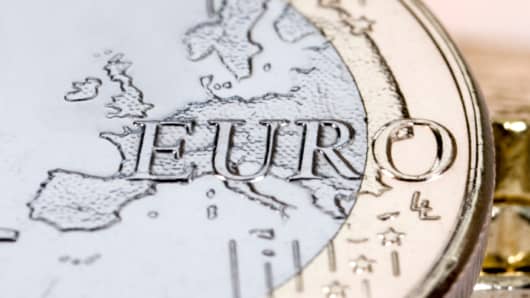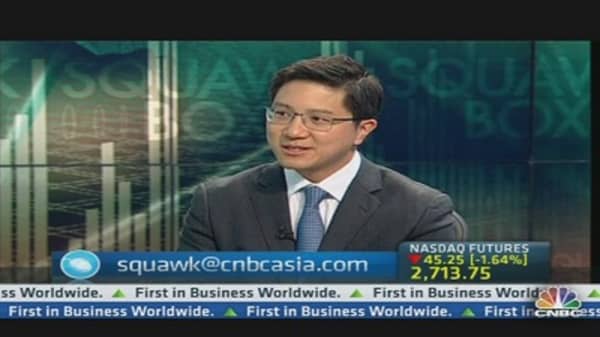The yen tumbled 2 percent against the dollar to hit a 2 1/2-year low on Thursday after a Japanese economic official said the government has no problem with the dollar hitting 100 yen.
The yen has lost more than 10 percent of its value since November, weakening to about 90.50 per dollar from 80, on expectations that the new prime minister, Shinzo Abe, will force the central bank to ease monetary policy to combat deflation.
But the yen's decline stalled earlier this week after the Bank of Japan said its open-ended commitment to buy assets would kick in only next year, disappointing investors who had expected far more aggressive easing measures.
(Read More: Japan PM Gets Inflation Goal; Next on List, A New BOJ Governor)
"That disappointment only opened the door for bargain hunters who are now driving yen crosses up again due to the fact that Abenomics is still in play, and it will likely continue," said Neal Gilbert, market strategist at GFT in Grand Rapids, Mich. "Prime Minister Shinzo Abe and his Cabinet members are now aiming for 100.00 on the dollar/yen, and we can expect more verbal, political and monetary rhetoric until that goal is reached."




